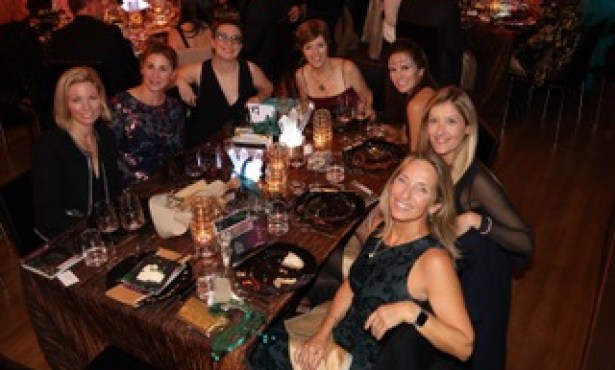VISIONARY SCHOLAR AND ACTIVIST FELICE BLAKE REDEFINES DIVERSITY AS A FEATURED SPEAKER AT UCSB’S MULTICULTURAL CENTER
May 6th lecture free and open to the public. In the MultiCultural Center Theater on campus at 5pm.
Santa Barbara, CA – Visionary scholar and activist Dr. Felice Blake will reconsider the meanings of diversity in a supposedly “post-racial” era as part of the MultiCultural Center’s Diversity Lecture Series at UC Santa Barbara on Tuesday, May 6th at 5pm. Free and open to the public, “My Brother’s Keeper? The Intracommunal Practice of Love and the Redefinition of Diversity” will interrogate the limited range of ideas and actions in our current definition of diversity. Dr. Blake’s work argues that if the vision of diversity attempted to include people of color in the institutions that excluded them historically, such inclusion did not (and perhaps never intended to) dismantle the structure of racial power in the U.S. Nonetheless, we live in a moment of social and political unraveling in which we witness, disavow, or simply live with unearned advantage or undeserved suffering. Dr. Blake will thus urge us to reconfigure the work and politics of diversity.
Dr. Blake is Assistant Professor in the Department of English and Director of the American Cultures & Global Contexts Center at UC Santa Barbara. As Director, she has initiated a groundbreaking program, Antiracism Inc., which thinks through the meaning of antiracism in light of contemporary shifts in global political discourses on race and racism. Current rhetoric on race purports to embrace principles of racial equality, anti-discrimination, and multiculturalism; yet old and new forms of racial violence, exploitation, and discrimination persist. Last year, as part of this nationwide network of artists, activists, and academics that Dr. Blake has organized, people came together for a daylong workshop called “Poetic Interventions,” which offered new language, visions, and images to address the problems and possibilities our current racial landscape presents. New York and Bay area based Hip Hop and Spoken Word artists attended, performing original work and offering exercises for the group. In the words of Spoken Word poet, Dubian Ade, who described “Poetic Interventions” as “organic” and also part “fantasy,” the event “facilitated this need for people to share their voices; that’s more than we could ever ask for.”
Dr. Blake has continued to make spaces for collective forms of knowledge production, dreaming up and organizing transformative encounters with grassroots organizers, researchers, and artists. Her lecture extends the critical frames of this ongoing work. In taking up the discourse around diversity, Dr. Blake refocuses attention on what W. E. B. Du Bois famously called the “problem of the color-line” to intracommunal sites of conflict and revolutionary possibility. Our ideas about, and our practices, and commitments to diversity need to ask and answer the questions that are valuable to communities of color. These questions are formed, debated, and answered in struggle. Paying attention to intracommunal practices of revolutionary love, care, and support enable us to seek new meanings and values of diversity based on the collective consciousness towards social justice that these very communities envision.
For more information on the event, contact (805) 893-8411. Information is also available online at www.mcc.ucsb.edu.
The UCSB MultiCultural Center is proud to present performances, artwork, lectures, and films that enrich the UCSB campus and greater Santa Barbara community. Our programming is provocative, educational and delivers important messages in entertaining and unforgettable ways. In 1987, the MultiCultural Center was born out of student mobilization around the need for spaces for students of color on campus to voice their concerns, combat racism, sexism, heterosexism, and express their artistic visions. Since then, the MCC has been chartered by students to provide a space for underrepresented students while also serving as a bridge to the entire campus community. To this end, the MCC presents dozens of programs each quarter that are highly attended and anticipated by students and community members. The MCC strives to support student activism and maintain a mutually supportive relationship with its student users as they work together in pursuit of a more just society. For more information, visit www.mcc.ucsb.edu.
www.mcc.ucsb.edu
Like us on Facebook at www.facebook.com/ucsbmcc
Follow us on Twitter @ucsb.mcc

